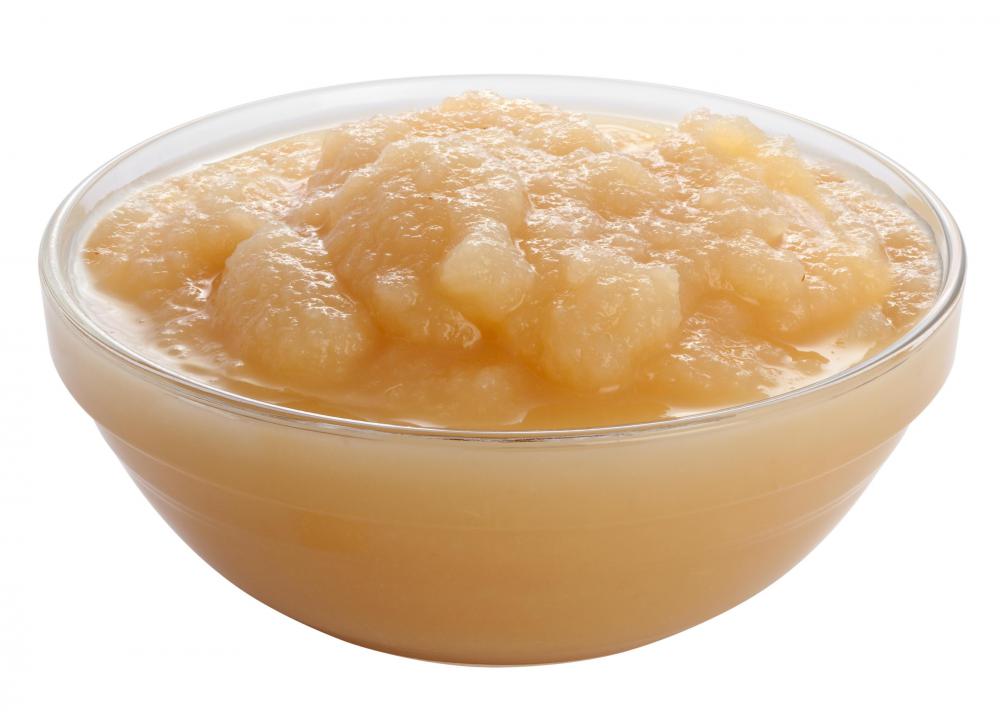At TheHealthBoard, we're committed to delivering accurate, trustworthy information. Our expert-authored content is rigorously fact-checked and sourced from credible authorities. Discover how we uphold the highest standards in providing you with reliable knowledge.
What is the Best Type of Fiber for IBS?
Choosing the best type of fiber for irritable bowel syndrome (IBS) depends on the symptoms that the syndrome is causing. IBS can cause diarrhea and constipation. One common recommendation is that sufferers consume a diet high in fiber for IBS. This can be confusing, because there are two types of fiber, called soluble and insoluble. Knowing the difference is useful in choosing fiber for IBS.
Soluble fiber is fiber that dissolves in water, and can be found in some whole grains including oats and barley, legumes such as peas and most beans, flaxseed, and a variety of fruits and vegetables. Insoluble fiber is not digested in the body, and does not dissolve in water. It keeps the digestive tract moving by adding bulk to stools. Insoluble fiber can be found in whole wheat, nuts, and many fruits and vegetables.

Some people with IBS have consistent problems with constipation. This is often associated with abdominal pain that is followed by hard stools. Having fewer than three bowel movements a week or having a sense of not being "finished" after going to the bathroom are also signs of constipation. Both types of fiber seem to be helpful for people with IBS and constipation because they help stools move faster and more smoothly.

People with diarrhea or loose stools caused by IBS should choose sources of soluble fiber rather than insoluble fiber when possible. In the past, some experts recommended both types of fiber for IBS, but insoluble fiber can make diarrhea worse. While easing the passage of stools is desirable for people with constipation, diarrhea occurs because stools are already moving too fast. Soluble fiber for IBS is a better choice, because it can absorb water in the digestive tract and therefore make stools more firm. Soluble fiber might not make a big difference for cases of severe diarrhea, but it could make a noticeable difference in mild diarrhea.

Apples are a good source of a fiber called pectin, a type of soluble fiber, and contain insoluble fiber in the skin. Applesauce, which doesn't contain apple skins, is part of the bananas, rice, applesauce, toast (BRAT) diet often recommended for diarrhea. Bananas are one food that could ease both constipation and diarrhea.
It can be difficult to find out which types of fiber are in which foods, and in what amount. For this reason, keeping a food diary to track meals and symptoms could help some people with IBS choose the right fiber. If a person adds dietary fiber for IBS constipation, it should be done gradually until the body becomes accustomed to handling more fiber.
AS FEATURED ON:
AS FEATURED ON:
















Discuss this Article
Post your comments